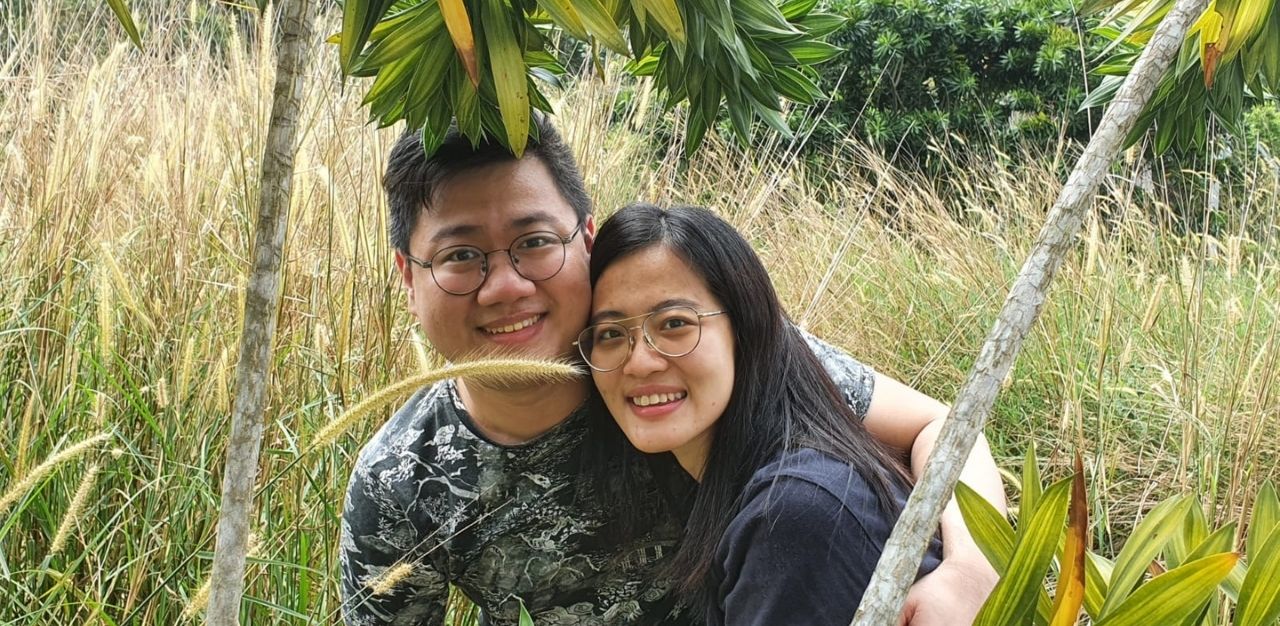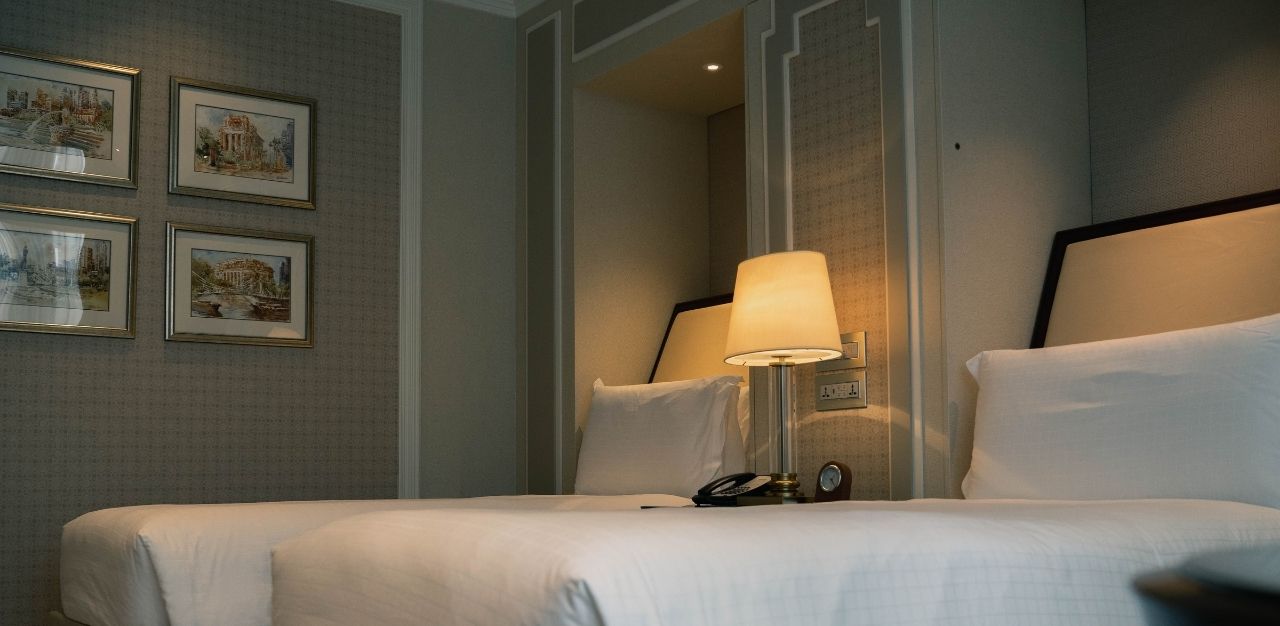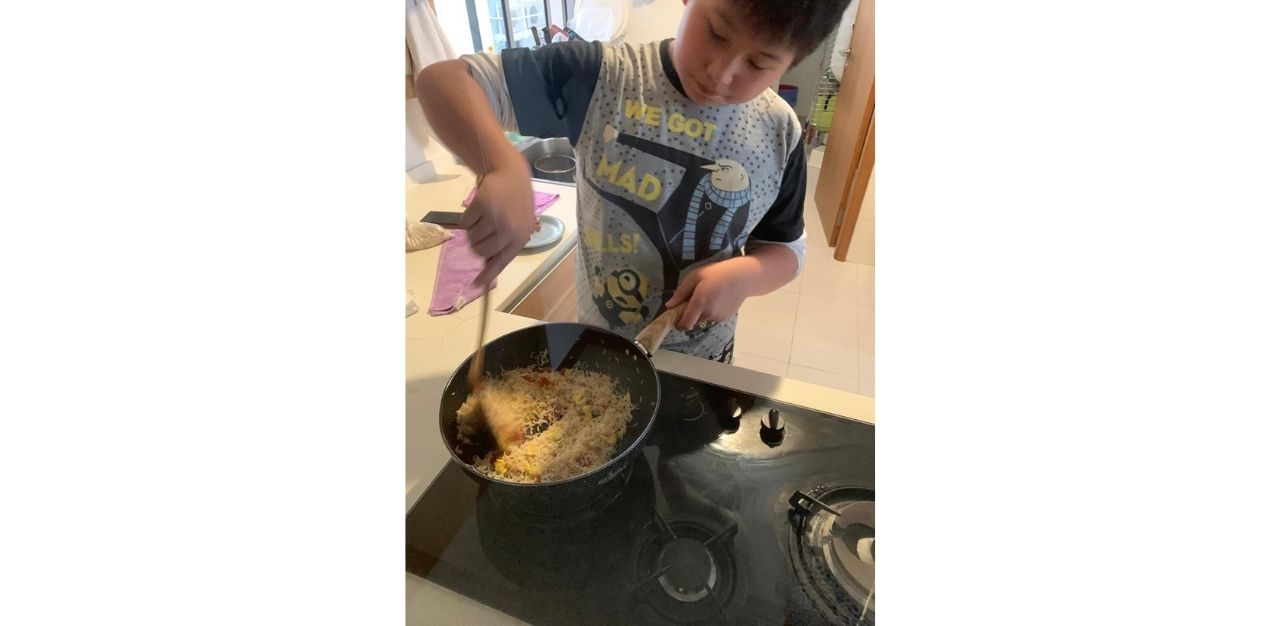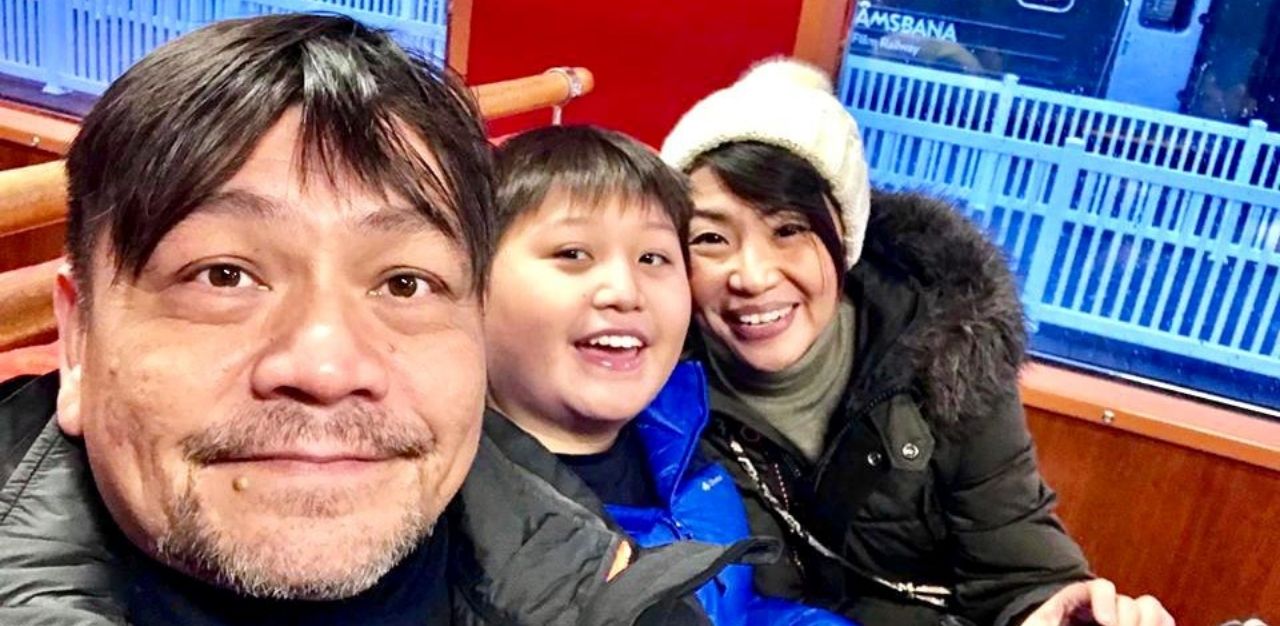The pandemic has led to new restrictions being imposed, which includes curtailing travelling for leisure. Due to the recent spike in Covid-19 cases, until 13 June, community measures have been limited to group sizes of two, as well as social gatherings capped at two and visitors at two unique households per day. In light of these latest measures, how are people in Singapore approaching leave and leisure, and what are some ways in which they choose to destress and unwind?
Having the SingapoRediscovers vouchers (SRV), a S$100 (US$75) voucher given to Singapore Citizens aged 18 years and above to boost support for the local tourism industry, gave Anna Yeo, 28, and her fiancé Gregory Lim, 32, new motivation to discover alternative ways to spend their leave together.
The couple are two of over 760,000 Singaporeans, as of 28 March, who have utilised the SRV scheme to book Singapore hotels, attractions and tours, amounting to more than S$108 million being spent in redemptions and out-of-pocket payments. But it seems they are the minority, since according to reports in April, about three-quarters of adults (2.2 million) have not redeemed their vouchers that expire on 30 June.
The vouchers came in handy for Miss Yeo and Mr Lim, who started exploring new leisure options and experiences, such as taking a cable car ride – something they would not have otherwise considered.
“Both of us went on a cable car experience, just to sit in a [cable] car from Harbourfront to Sentosa. It [was] not so memorable but at least I saw the scenery that I needed. We did [it] to not only use the vouchers that we had but also to spend a bit more time outdoors [rather] than just at home,” shares Miss Yeo.
The couple also attended a virtual reality (VR) experience at HeadRock VR in Resorts World Sentosa, which Mr Lim had always wanted to try.
“We had fun because we [got to] kill zombies,” Miss Yeo laughs.
Immersing in alternate realities through the world of games is another way that some, like Mr Lim, unwind. While he used to spend his leave overseas, travel restrictions have redirected his focus to activities like gaming.

Elizabeth (not her real name), 37, found a novel way to approach leisure with her husband and nine-month old daughter: Creating their very own holiday.
“Singapore is very small, but you can make it very big. You can drive around with family… [even] incorporate a staycation. You make a holiday where you are. That was our plan,” she says.
The domestic holiday was meant to last a full week, but her husband only managed to take a few days off, which the couple spent with their daughter. They rented a car to explore Singapore, treated themselves to a good meal and went on a staycation. She spent her remaining leave days catching up with friends and running errands.
“It’s a good recharge… I think it was a necessary break,” she notes.
Staycations have become a popular choice for Singaporeans looking to reclaim some semblance of an overseas holiday, that is until the latest restrictions were announced. Take 24-year old Rochelle and her partner Kenneth (not their real names), 25, who say that they might not have done it if not for being stuck in Singapore.
The couple also plan to visit local attractions, such as the Singapore Zoo and Jurong Bird Park. Their original plans to visit the S.E.A. Aquarium have been put on hold, as they decided to wait and see if the attraction would impose new rules for visitors.
“We were originally planning on going to S.E.A. Aquarium. We were gonna book the [tickets]… Then the new measures were announced,” Rochelle says, referring to when the size of social gatherings were reduced from eight to five people, and facilities such as gyms were ordered to shut. These restrictions have since been further enhanced.
“We ended up not booking the tickets yet, and [we’re] seeing what new measures [S.E.A. Aquarium is] going to implement,” she concludes.

For some, the pandemic has also introduced new routines at home, with many starting to cook and bake for leisure. Diora Henson, general manager at Tickled Media, challenged herself to “level up” her skills as a home chef during the lockdown period, last year.
“[I] whipped up all [kinds of] cuisines from Western, Chinese, Japanese, Korean, Indian, [to] Middle East[ern]! Even baked a whole array of cookies and experimented with several different recipes to discover which is best,” she recalls.
Cooking soon proved to be a meaningful, bonding activity with her 12-year-old son, Ethan, who discovered his passion through recipes for ‘quick cook hacks’, such as baking a cake in a mug, and making oreo brownies in a microwave. “He even mastered the art of making Dalgona coffee!” Mrs Henson quips.

To curb their boredom, Mrs Henson also embarked on a fitness regime with Ethan during the circuit breaker, which she gamely admits was “lost” when the restrictions eased up. In a bid to look for new ways to entertain themselves, they also turned to board and card games, and drew inspiration from ‘lockdown’ games they found online, such as the Draw On My Back challenge, which involves a person trying to replicate a drawing based on what they feel is being drawn on their back.
Mrs Henson enjoyed the “silliness” of the game, and seeing her family laugh: “We ended up with a few tee shirts with marker marks, of course coupled with screams [as] what was drawn compared to the output were way different!”
She adds that her family has been spending much less on entertainment and leisure due to the lack of travel, and have been shopping online more.
The importance of taking leave
Kenneth, who works in management consulting, says that the public’s attitude toward taking leave has changed after the rise of work-from-home arrangements.
“I think people just cherish leave more… Last time you have to go to [the] office and always be on point for extended periods of time, which can be draining,” he explains, adding that people are more deliberate about taking leave. Before the pandemic, and when telecommuting was less common, he thinks that going on leave was a way to escape the office.
“Now you can take shorter breaks, so you don’t [have to]… It’s not that it’s more precious, but if you want to take it, you will think more carefully,” he explains.
Miss Yeo adds that working from home has led to the blurring of boundaries between one’s work and life, as she finds that it is harder to detach mentally from work.
“With the Covid situation it kind of makes leave not like leave. Because even when you’re having leave, my mind still gets to thinking about work,” she says. “I also sometimes have to be on the phone during my leave days… it affects your work-life balance structure.”
Mr Lim agrees and believes that it is more important than ever to set aside time for self-care, when one is unable to use one’s leave for holidays overseas. He suggests changing the focus on taking leave to incorporating “maybe less of new experiences but more of rest and reflection.”
But taking leave is still important, maintains Mrs Henson, who emphasises the importance of taking the time to rest. Her husband and her need close to four to five days to “totally relax and get work out of our systems”, and hence usually avoid planning for vacations that are less than a week in duration, so as to “fully rest, recharge and come back to work fresh.”
She notes, however, that treading the line between her work and home commitments can prove to be tricky, especially when it comes to setting aside quality time with her loved ones.
She explains, “Even if I were to use [my leave] and current measures dictate ‘no travel’ or ‘stay at home’, chances are I will be required to attend to work-related matters.”
Despite this, she remains optimistic, adding that she still has plans to explore Singapore with her family: “I do want to see how I can utilise my leave to perhaps be tourists in our own country – exploring Singapore once regulations are lifted, or just chilling and relaxing with them.”

Elizabeth thinks that it is important to take at least one longer period of leave every year, on top of regular breaks. “Every month [or] every other month, you should take some time off for yourself to settle things. Even if it’s half a day. It helps. It’s like something to look forward to, to recharge,” she says.
Hope for the future and cherishing time spent with loved ones
Taking her family away, though, is what Mrs Henson truly misses.
“This is a big gap in our lives now,” she admits, but adds that it is still possible to spend quality time together. “We spend time in the swimming pool, or just cuddling as a family binging on movies or music. This is a fine opportunity for families to strengthen bonds and build resilience in crisis as a family unit.”
Elizabeth misses the days of large family gatherings.
“We’ve not been able to meet together for the longest time… Last time family gatherings are like, every other week, you can gather 10, 15 people together. But now you have to do so much planning, [and consider factors such as whether gatherings] hit the quota,” she says.
While she took to playing online games with her nieces through Zoom to connect with them, she soon realised that her family still prefers face-to-face meetups.
“At the start it was quite fun, my nieces would play games with us over Zoom, like hangman. After a while it’s like ‘you wanna play hangman again?’” she quips. “The other things that kids like to play, it’s not a Zoom thing. Our family didn’t really quite catch on to that culture.”
The new restrictions have also limited Mr Lim and Miss Yeo’s chances to connect over a meal with their loved ones.
“One thing that we have in common [is that] we love eating with our friends and family. So with the restrictions on a max of two [people], pretty much is just us already, unless we go and meet people individually,” he explains.
Miss Yeo adds that she looks forward to engaging in sports activities with her friends after restrictions ease up, such as playing tennis and going bowling. She also misses karaoke.
“These are things that I would love to use my leisure [time] for, I haven’t gone singing for quite a while,” she reveals. “When Covid happened, I realised that I don’t actually have much time to spend with my friends.”
She and Mr Lim wish to visit Taiwan for their honeymoon after getting married but feel a tinge of regret wondering if they might experience a different Taiwan than prior to the pandemic.
“It might have changed post-pandemic… Some things might have been lost forever,” explains Mr Lim.
Miss Yeo agrees, “Life, traditions there might have changed… So it’s gonna be something that we won’t get to see and experience. The most regretful part of it [is] we won’t get to see the original.”
Join the conversations on TheHomeGround Asia’s Facebook and Instagram, and get the latest updates via Telegram.














